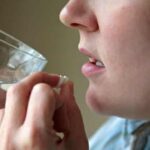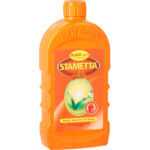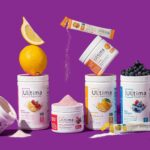What is Tonic Water? Uses, Benefits, Side Effects
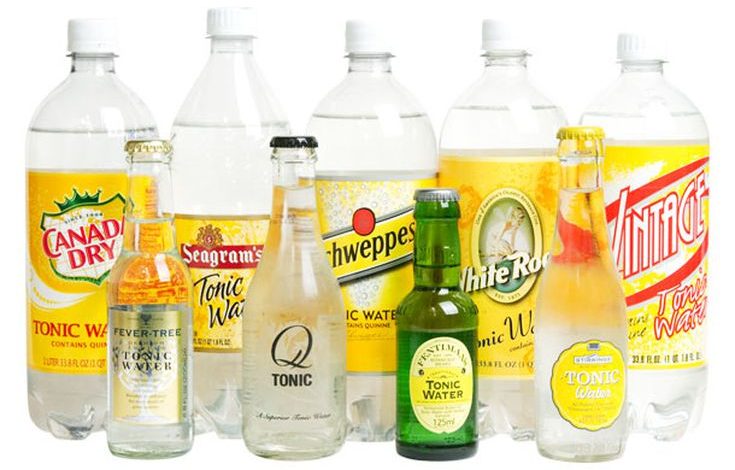
What is in tonic water?
Tonic water is a carbonated drink that contains a compound called quinine, a bitter compound that comes from the bark of the cinchona tree. The tree is most commonly found in South America, Central America, the islands of the Caribbean, and parts of the western coast of Africa. Quinine was originally developed as a medicine to fight malaria. It was crucial in reducing the death rate of workers building the Panama Canal in the early 20th century.
Manufacturers often add sugar to the drink to balance this bitterness, giving it a bittersweet taste. In the early nineteenth century, tonic water was considered a medicinal drink that medical professionals offered soldiers to help treat malaria. The first tonic waters contained powdered quinine, sugar, and soda water. Tonic water has since become a common mixer with liquor, the most well-known combination being gin and tonic. The U.S. Food and Drug Administration (FDA) allows tonic water to contain no more than 83 parts per million of quinine because there can be side effects from quinine.
Tonic water has now become a popular palate refresher, favored for its bitter flavor. It’s a widespread ingredient for several alcoholic drinks, such as the gin and tonic, tequila tonic, and vodka tonic. Today, people sometimes drink tonic water to treat nighttime leg cramps associated with circulatory or nervous system problems. However, this treatment is not recommended.
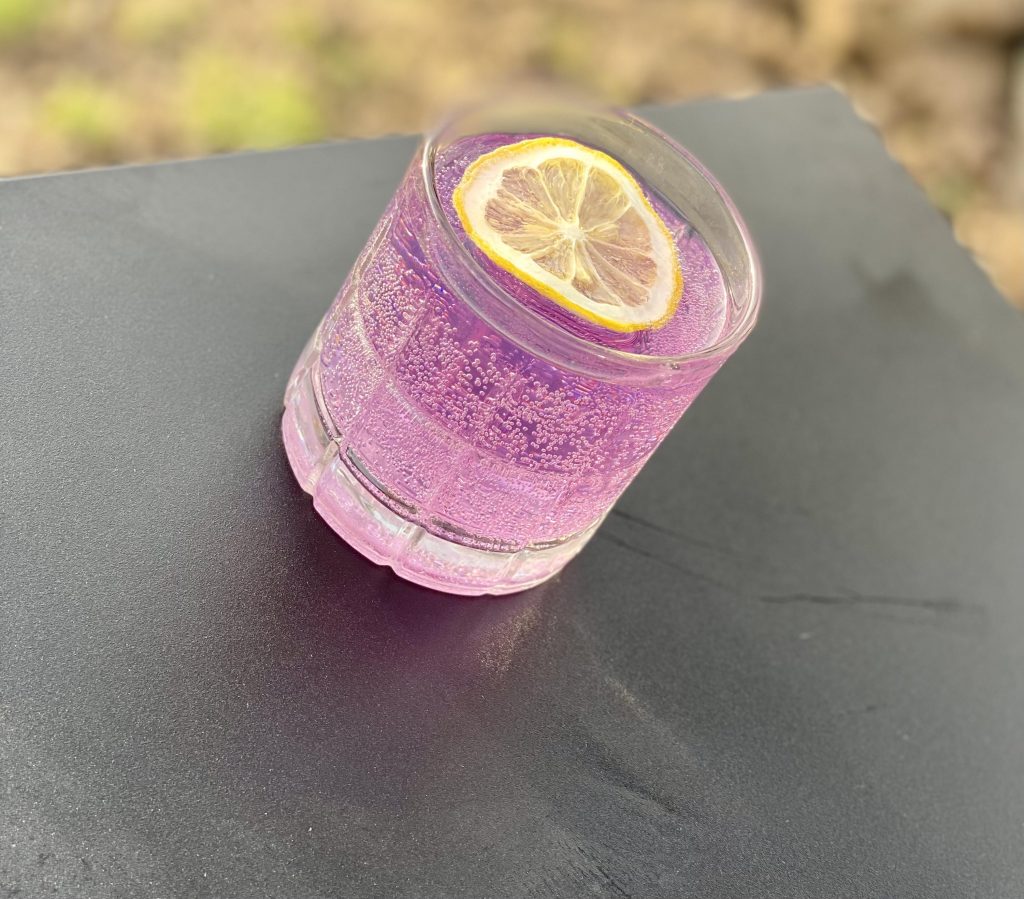
Is Tonic Water Good For You?
Tonic water is good for you if you are battling malaria but it is not used to prevent malaria. Another benefit of drinking tonic water is hydration. Since it is still water, it will keep you hydrated and help you focus better than a soda or juice. Tonic water is best used as a mixer for a variety of cocktails. You can also drink tonic water straight, but many people find the bitter taste off-putting.
However, when it comes to ranking beverages best for our health, drinks containing sugar such as tonic water falls to the bottom of the list because they provide so many calories and virtually no other nutrients. People who drink tonic water do not feel as full as if they had eaten the same calories from solid food, and research indicates they also don’t compensate for the high caloric content of these beverages by eating less food. The average can of tonic water provides about 150 calories, almost all of them from added sugar. If you were to drink just one every day, and not cut back on calories elsewhere, you could gain up to 5 pounds in a year. Beyond weight gain, routinely drinking these sugar-loaded beverages can increase the risk of type 2 diabetes, heart disease, and other chronic diseases. Furthermore, higher consumption of sugary beverages has been linked with an increased risk of premature death.
Can a 3 Yr old drink tonic?
No, you should avoid giving your child drinks that contain quinine, such as tonic water. Low blood sugar can happen with this drink, especially during pregnancy. If your child has high blood sugar (diabetes), you will need to watch your child’s blood sugar closely. Tonic water may affect certain lab tests.
Serious skin reactions can occur with tonic water. Check with your child’s doctor right away if they have blistering, peeling, or loosening of the skin, red skin lesions, severe acne or a skin rash, sores or ulcers on the skin, or fever or chills with this medicine. As stated above, tonic water may cause hypoglycemia (low blood sugar).
What are the side effects of tonic water?
Tonic water is diluted enough that serious side effects are unlikely. If you do have a reaction, it may include:
• confusion
• diarrhea
• nausea
• nervousness
• ringing in the ears
• stomach cramps
• vomiting
However, these are more common side effects for quinine taken as a medication. Among the most serious potential side effects associated with quinine are:
• abnormal heartbeat
• bleeding problems
• kidney damage
• severe allergic reaction
Keep in mind that these reactions are primarily linked to quinine, the medication. You would have to drink about two liters of tonic water a day to consume a day’s dose of quinine in pill form.


